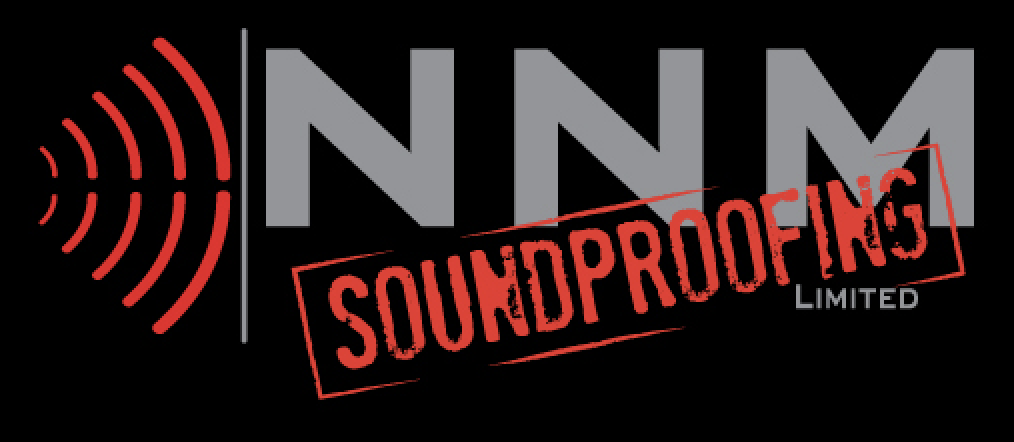Open plan offices are a trend in the business world – they encourage communication, they’re a little less ‘buttoned up’, they’re brighter – but are they good for work? Probably not. They’re a hell of a lot noisier – people typing, the water cooler, a catch up – all are distractions that hinder your productivity. One study even suggests that the drop in productivity because of noise can be up to 66%!
It’s thought that we have the capacity for around 1.6 human conversations, so if you’re listening in on one conversation, that leaves. 0.6 of your own inner voice to write with.
It’s not just productivity that’s put at risk though. Noisy office spaces also cause higher stress levels – especially when it comes to sound that a worker can’t control. These constantly high stress levels, in turn, can cause an array of health issues and a rise in sickness absence. Which will cost any business.
Does music help?
In open planned offices, many workers choose to stuff headphones in their ears to drown out the drab office noises and to concentrate on their work. But that begs the question, can music hinder productivity too?
It all depends on the task. For example, writing up a detailed report for your boss requires an attention to detail that, say, replying to emails doesn’t. The latter is a repetitive task, and research says that if the task is repetitive, music is going to help. Some say that it isn’t the music that’s of benefit to your productivity, but the mood it puts you in – nit picking. It’s still helping.
If you’re researching – absorbing and retaining new information – any sort of distraction is going to be bad. Same goes for music.
If you spend your days writing at your desk, then lyrics are going to make the job a whole lot harder. Hearing words activates the language part of your brain which will hinder engagement in other language related tasks. But, if your job doesn’t involve language or ‘verbal architecture’, like design, lyrics might not be such a bad thing.
Noise can be both a good thing, and a bad thing for productivity. It all just depends on the type of noise you’re hearing!






